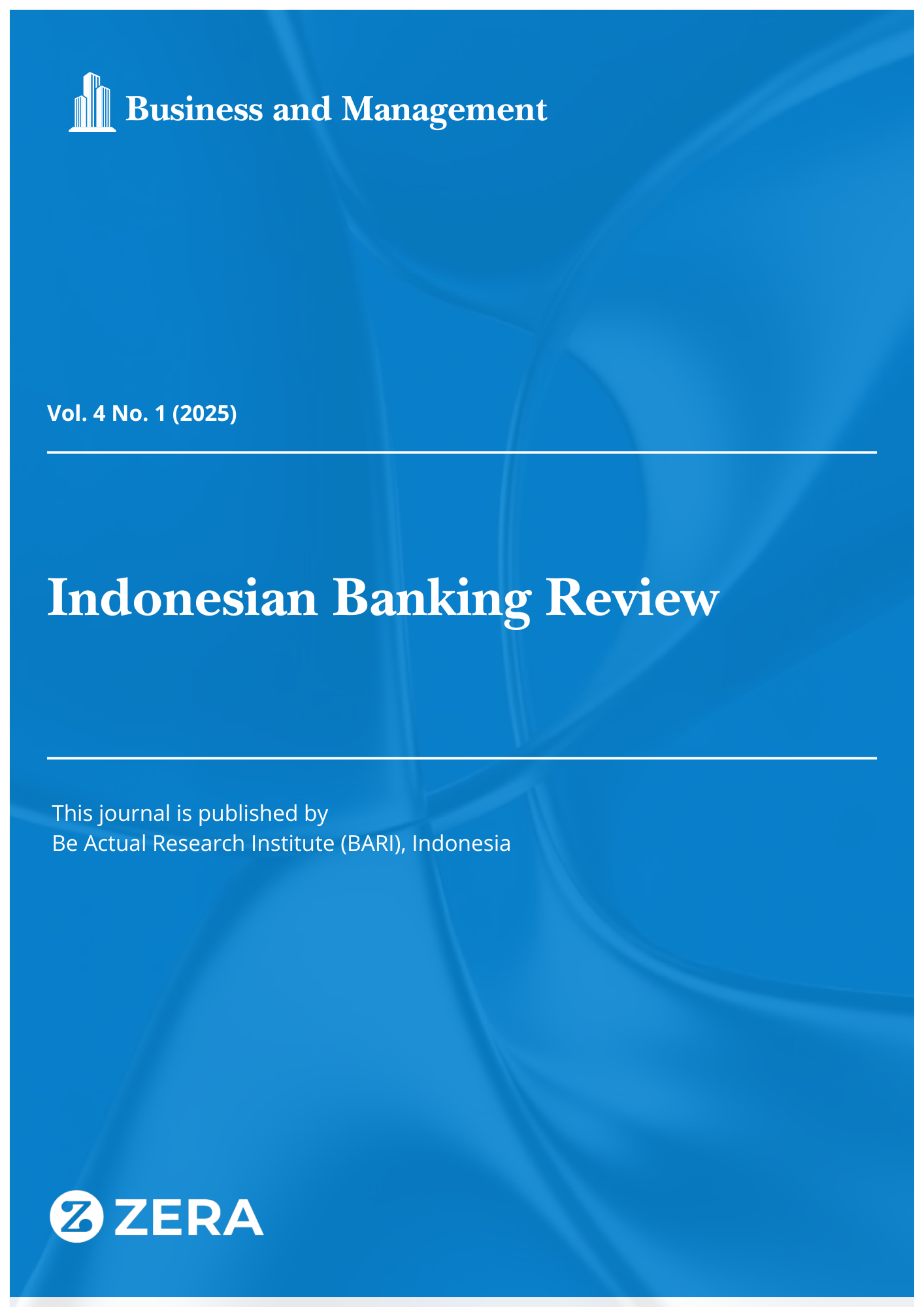Keywords:
Banking, Bank Performance, Good Corporate Governance, Indonesia, Risk ManagementAbstract
This study aims to analyze the impact of risk management practices and Good Corporate Governance (GCG) implementation on the performance of the banking sector in Indonesia. The research background is rooted in the strategic role of banks in supporting national economic development while simultaneously facing various challenges such as credit, market, liquidity, operational, and cyber risks in the era of digitalization. The research method employed is a library study complemented by secondary data obtained from the financial statements of banks listed on the Indonesia Stock Exchange. The findings reveal that risk management significantly contributes to maintaining asset quality, reducing the level of Non-Performing Loans (NPLs), and improving financial performance efficiency. Meanwhile, GCG implementation strengthens transparency, accountability, and social legitimacy, although its effect on financial performance is not consistently significant across all banks. The differing results suggest that GCG practices in some institutions remain largely formalities with limited impact on performance. This study concludes that integrating risk management and GCG is a crucial strategy to strengthen the competitiveness of Indonesian banking amid global economic uncertainties.


